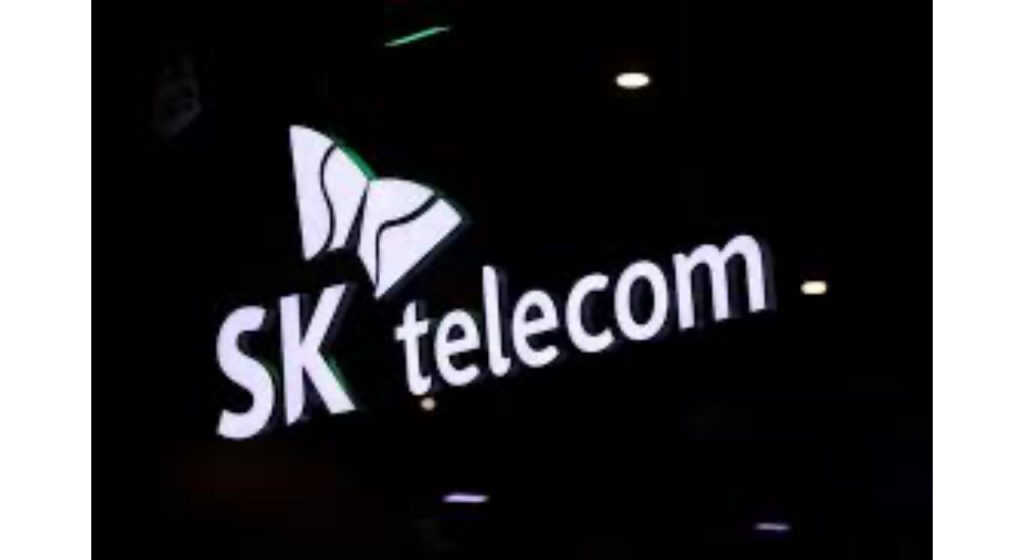- SKT plans to have 80,000 employees using its AI agent Adot Biz by end-of-year, expanding from initial group of 21 to 25 group companies.
- A newly created division, AI CIC, will unite SKT’s AI R&D, data centre operations, messaging/authentication, global partnerships and internal tools under its CEO Yoo Young-sang, with a KRW 5 trillion investment over five years and a matching revenue target by 2030.
What happened: SKT launches Adot Biz and creates AI CIC to unify strategy
SK Telecom (SKT) has significantly stepped up its internal AI strategy. The company rolled out Adot Biz, a B2B version of its AI-assistant system, initially tested in closed beta, which automates tasks like information retrieval, schedule management, meeting minute generation, and some recruitment workflows. It claims reductions such as 60% in meeting minute preparation time and nearly 40% in report writing time.
Adot Biz is being deployed across 25 subsidiaries and affiliated companies within the SK Group, including SK Hynix (semiconductors), SK On (batteries), and SK Siltron (semiconductor materials).
To coordinate all its AI efforts, SKT has also set up a new company-within-a-company named AI CIC. This entity will consolidate SKT’s AI tools (including Adot), its AI data centre, R&D, messaging/authentication unit, and global AI partnership investment activities.
Financially, the plan involves investing KRW 5 trillion (approximately USD 3.6 billion) over the next five years, with a goal of reaching KRW 5 trillion annual revenue by 2030.
Also read: SK Telecom and Schneider Electric forge AI Data-Centre alliance
Also read: Gov’t orders SK Telecom to cut cancellation fees
Why it’s important
SKT’s move reflects how major telecom operators are attempting to internalise AI capability rather than relying solely on external vendors or services. By building and deploying its own agents, and setting up internal tools like an Agent Builderfor staff with limited technical background, SKT is pushing to democratise AI usage across roles.
This approach can yield productivity gains — the claimed reductions in time for meeting minutes and reports are significant. However, it also raises questions about true scalability, potential misalignment of expectations, and whether the tools will deliver real value across more complex tasks or only in routine administrative work.
Strategically, AI CIC positions SKT to be a cornerstone of South Korea’s broader national AI ambition. President Lee Jae Myung has recently expressed the goal of turning South Korea into an AI superpower rival-led by the US and China.
Yet, challenges remain: ensuring data privacy and security, preventing bias in AI models, avoiding staff pushback or AI fatigue, and proving ROI (return on investment) beyond cost savings. Whether SKT can meet its revenue target by 2030 depends heavily on how well its AI offerings compete not just domestically but also internationally.

